|
Two days after Nigeria celebrated the sixtieth anniversary of its independence, a video of what appeared to be the brazen killing of a young man by the notorious Special Anti-Robbery Squad went viral on social media. The unit had been the subject of outrage for years. But this was a tipping point. The protests are being driven by young people, fed up with police brutality. As Sakiru Adebayo explains, young Nigerians are seeking to create
a truly civil society in a bid to rescue a democracy that they say is threatened by an autocratic ruling class.
Nigeria has had several special tactical police squads. Like the Special Anti-Robbery Squad, they too have been accused of gross human rights violations over the years. This history is outlined by Lanre Ikuteyijo, who also unpacks the disbanded unit’s origin, mandate, achievements and governance structure.
|
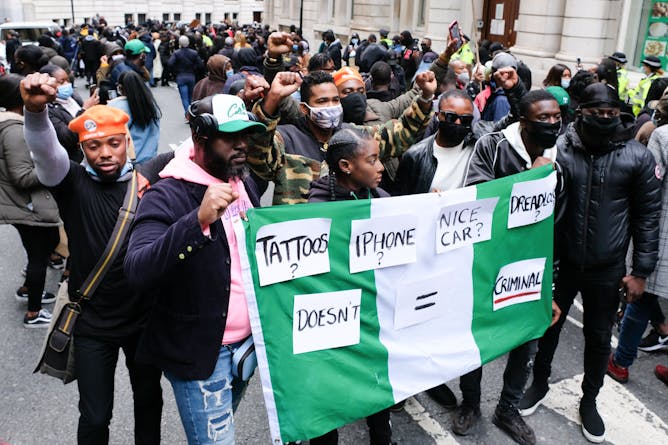
Matthew Chattle/Barcroft Media via Getty Image
Sakiru Adebayo, University of the Witwatersrand
For young Nigerian protesters on social media and on the streets, #ENDSARS is as much an expression of a will to modernity as it is a yearning to be treated with dignity.
|
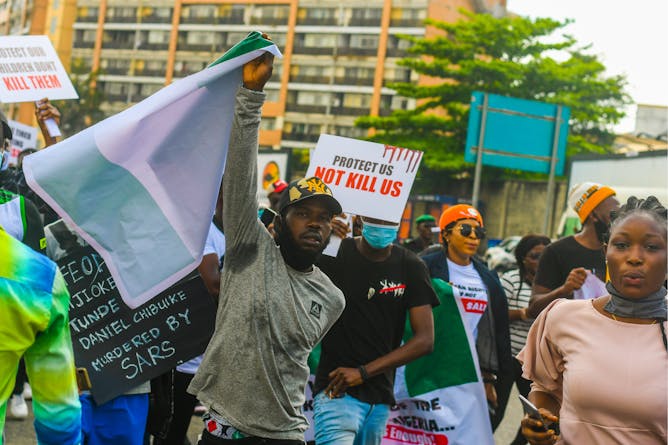
Young Nigerians protesting against the excesses of a special police squad in the country.
Shutterstock
Lanre Ikuteyijo, Obafemi Awolowo University
The dissolution of the Special Anti-Robbery Squad is the first step, but Nigeria needs a complete reform of its police.
|
Health + Medicine
|

Oluwaseyi Dolapo Somefun, University of the Western Cape; Marisa Casale, University of the Western Cape
The need to keep a physical distance conflicts with adolescents’ natural desire to connect with friends - their regular source of distraction and emotional support.
| |

Beatrice Maina, African Population and Health Research Center; Boniface Ushie, African Population and Health Research Center; Caroline Kabiru, African Population and Health Research Center
Equipping parents with the right information on what to talk about, and how to talk about it, is a key step in addressing challenges to sexual health.
|
|
|
Energy + Environment
|
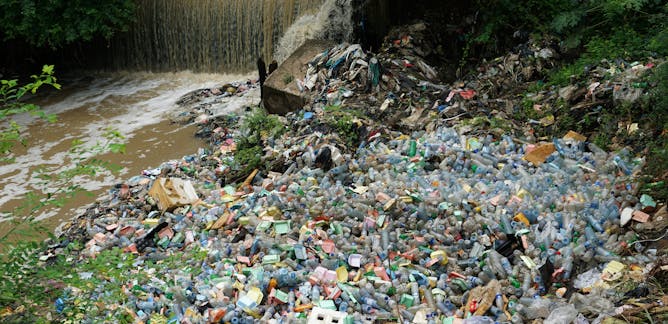
Emmanuel O. Akindele, Obafemi Awolowo University
Microplastics could pose a threat to the sustenance of aquatic biodiversity when ingested by animals.
| |
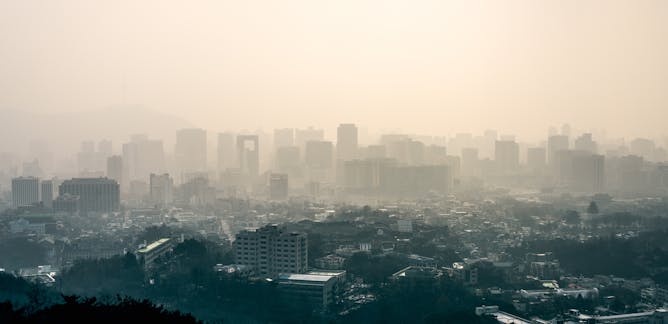
Rebecca Garland, Council for Scientific and Industrial Research; Paul Plantinga, Human Sciences Research Council
By opening data, monitoring and reporting on air quality can be complemented by data from various sources to create more localised and relevant decision-support solutions.
|
|
|
En Français
|
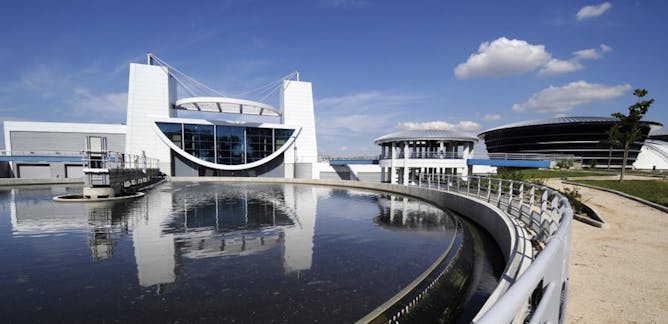
Yann Pellegrin, Université de Nantes; Robert Forster, Dublin City University
Certains polluants subsistent dans l’eau malgré les traitements appliqués en station d’épuration. La technologie « électrochimique sans-fil » permet de mieux traiter les eaux polluées.
| |
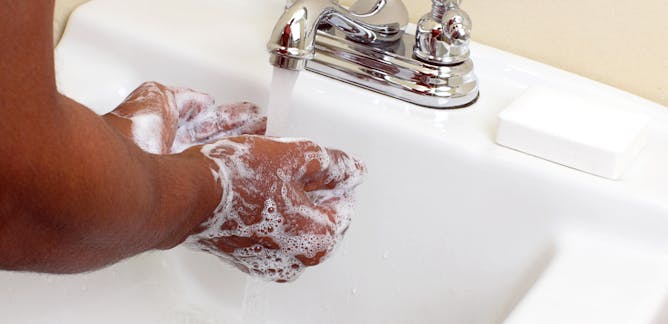
Cheikh Sokhna, Institut de recherche pour le développement (IRD)
Le lavage des mains est un geste simple et efficace pour sauver des vies contre le Covid-19. Des études au Sénégal et ailleurs le prouvent amplement.
|
|
|